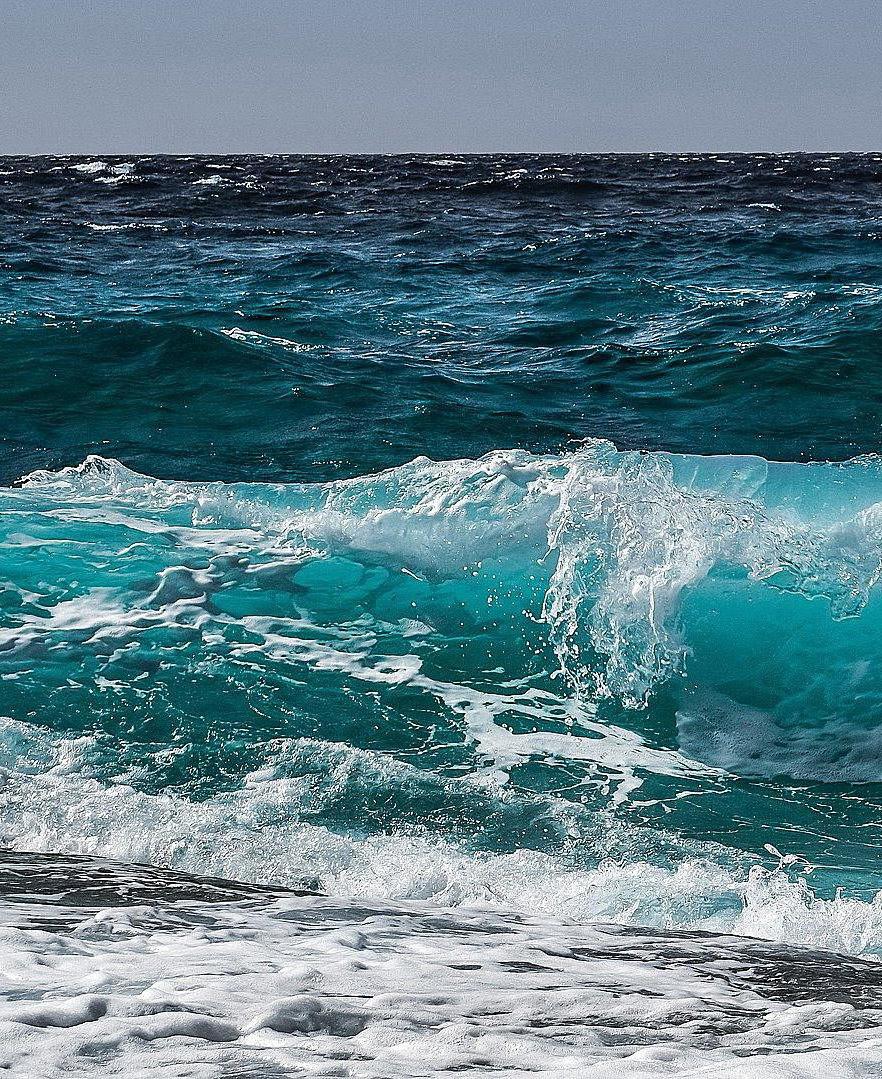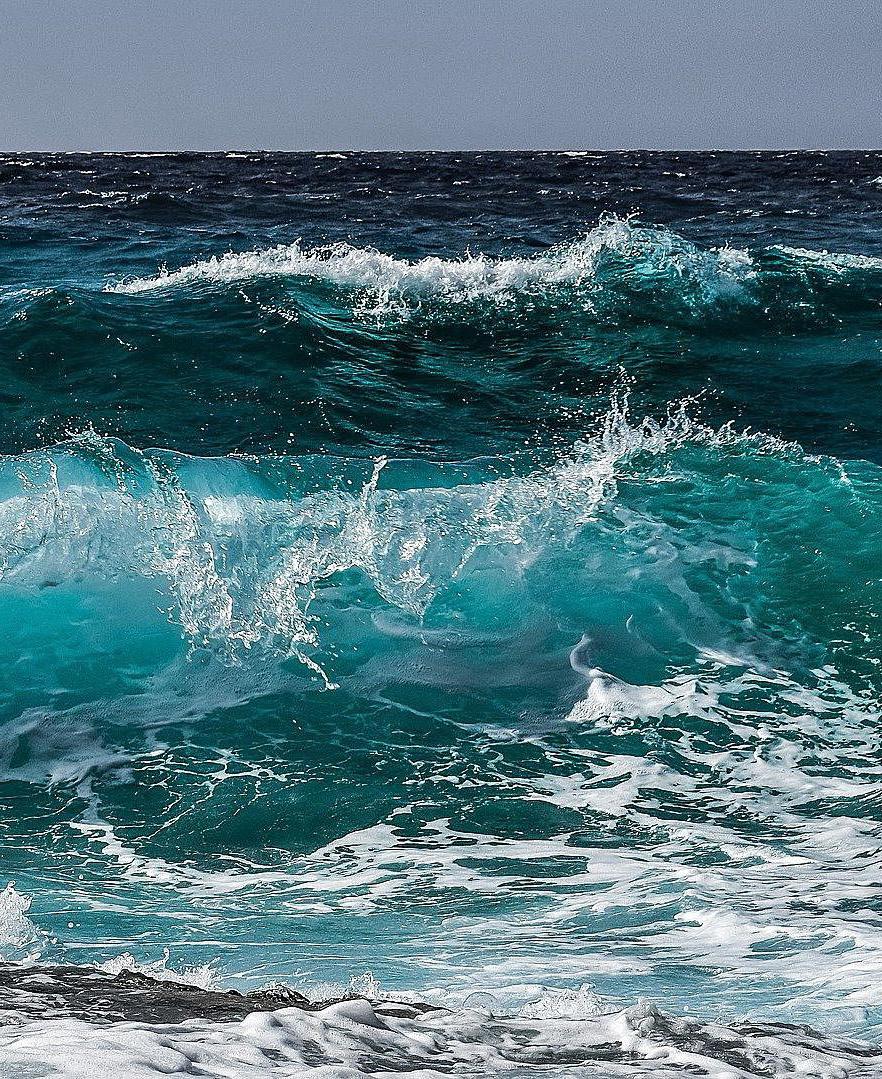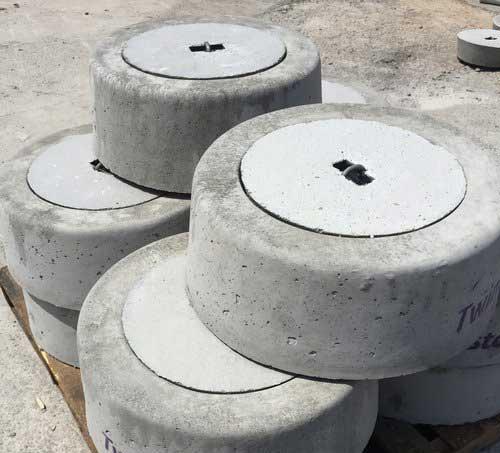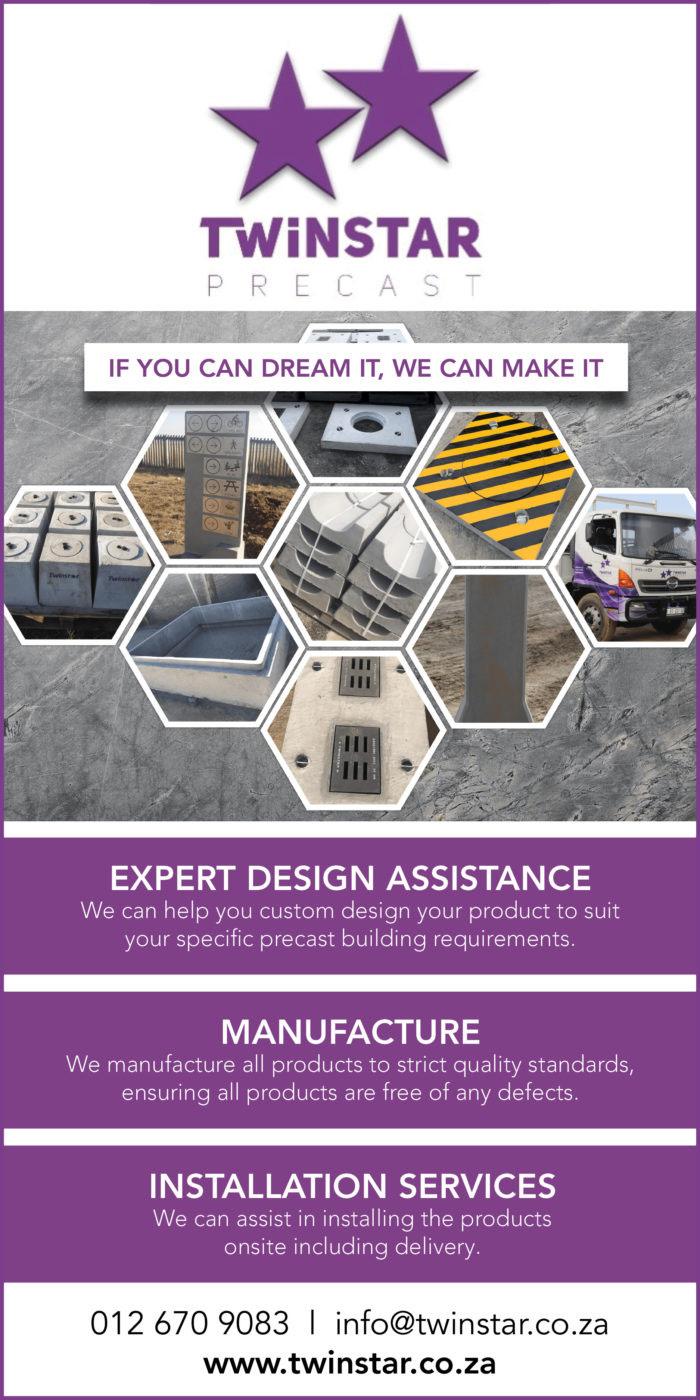
6 minute read
IMPORTANCE OF WATER QUALITY IN THE CONCRETE
IMPORTANCE OF WATER QUALITY IN THE CONCRETE MIX
With water in short supply in many parts of South Africa, concrete producers could face increasing pressure to use water from sources other than municipal tap water in future, says John Roxburgh, senior lecturer at Cement and Concrete SA’s School of Concrete Technology. Poor quality water could affect the quality of concrete, says CCSA.
“But the quality of concrete may be adversely affected by using poor quality water,” Roxburgh warns.
He says likely consequences could include:
• Alteration of the concrete’s setting times; • Increase in water demand; • Entraining of excessive air; • Change in the concrete’s strength gain characteristics; • Degradation of the hardened concrete; • Corrosion of the reinforcement in the concrete; • Staining and production of efflorescence. “Mixing water makes up about 8% of the total mass of concrete. So, the proportion of impurities in the mixing water compared to the mass of cement is typically very low. Nevertheless, non-potable water should always be assessed for suitability for use as mixing water in concrete. The limits to the quantities of impurities in the water should be checked against the requirements of the South African National Standards’ SANS 51008 which contains specifications for sampling, testing and assessing the suitability of water for concrete production,” Roxburgh states.
He says when assessing the suitability of water of unknown quality, both the composition of the water and proposed application of the concrete should be considered. In general, the suitability of water for concrete depends on its origin. The following types could be encountered:
Potable water is suitable for use in concrete and needs no testing.
Water recovered from processes in the concrete industry will normally be suitable but must conform to SANS 51008.
Water from underground sources may be suitable but must also be tested and assessed in accordance with the requirements of SANS 51008.
Natural surface water and industrial waste water may be suitable for use in concrete, but here also needs testing in terms of SANS 51008.
Sea water or brackish water may be used for
concrete that will not contain steel reinforcement or other embedded metal. For concrete with steel reinforcement, or embedded metal, the permitted total chloride content in the concrete is the determining factor.
Sewage water is not suitable for use in concrete. Sea water may be used for concrete – but only when it will not contain steel reinforcement or other embedded metal.
“Some common substances deleterious to concrete and found in water are chlorides, sulphates, acids, alkalis, humic matter, oil, algae, sugar and detergents. There are many more and SANS 51008 should be consulted.
“Water for use in concrete must conform to the requirements for preliminary assessment and for chloride, sulphate and alkali contents. The water must also conform to either the chemical requirements for harmful contamination, or the requirements for setting time and compressive strength,” Roxburgh adds. “The sulphate content of the water must not exceed 2 000 mg/ℓ. This limit should always be assessed with regards to sulphate content within the aggregate and cement. If alkali-reactive aggregates are to be used in the concrete, the water must be tested for its alkali content. If high, the water may be used only if it can be shown that actions have been taken to prevent deleterious alkali-silica reactions,” Roxburgh explains.

Regarding harmful contamination, firstly qualitative tests for sugars, phosphates, nitrates, lead and zinc must be carried out. If the qualitative tests are not performed or show a positive result, either the quantity of the substance concerned must be determined or tests for setting time and compressive strength be performed.
“The initial setting time obtained on specimens made with the unknown water must not be under an hour and not differ by more than 25% from the initial setting time of specimens made with distilled or
de-ionised water. The final setting time must not exceed 12 hours and not differ by more than 25% from the final setting time obtained on specimens made with distilled or de-ionised water.
“The mean compressive strength at seven days of the concrete, or mortar specimens prepared with the water, must be at least 90% of the mean compressive strength of corresponding specimens prepared with distilled or de-ionised water,” he advises.
When sampling water, volumes of at least five litres must be used, taking the possible effects of seasonal fluctuations in consideration. The water must be tested within two weeks of sampling.
“SANS 51008 also provides test methods for the tests required, applicable frequencies for testing and detailed requirements for the use of water recovered from processes in the concrete industry,” Roxburgh concludes. Cement and Concrete SA’s School of Concrete Technology
CUSTOM-MADE AND ONE-OFF PRECAST CONCRETE PRODUCTS

Twinstar Precast is the industry-leading expert in SA for the design, manufacture, delivery, and placement of custom-made and one-off precast concrete products for construction companies working on projects in the public and private sector, and civil engineering contractors.
With 26 years of experience in the precast industry, owner-operator Annemerie Coetzee realized that there was a gap in the precast concrete market for custom-made products and one-off items. In the concrete pipe and manhole market, for example, the emphasis is on high volumes, and the effort and time required to design and build once-off moulds for non-standard products disrupt any normal well-oiled production line, and also requires additional skills and supervision. This makes custom-made, one-off product manufacture an unprofitable business for mainstream, high volume operations. However, not all building contractors have the necessary expertise, manpower and facilities to manufacture such products on-site.
Twinstar Precast was founded in 2014 with the express aim of assisting specifying civil engineers and civil engineering contractors with complicated sites and situations where currently available precast concrete products would not work. Twinstar Precast strives to be a problem solver and is solution-driven in all aspects of precast concrete. With products ranging in weight from 2kg up to 6 tons, the company is capable of solving almost all pre-
cast problems and turning the nightmare requirements into a quick and affordable solution.
To date, it is the only company in South Africa specialising in custom-made and one-off precast concrete products, only keeping a few fast-moving products in stock that are standard spec for tenders and drawings.
Twinstar Precast has a unique relationship with mainstream precast concrete companies that pass on referrals and use Twinstar to supply certain non-standard products to keep their clients happy.
As far as possible, Twinstar Precast uses small local suppliers and SMMEs, rather than large corporate companies, to transport its products. Marketing is done mostly online, but direct contact is made with specifying engineers to make them aware that their need for custom-made products can be met.
Achievements include manufacturing of polymer products
In 2016, Twinstar Precast assisted a client in successfully closing old mineshafts in Gauteng which were previously closed but could not withstand vandalism, and were rife with illegal mining activities. Twinstar Precast's mineshaft slabs are still intact, and no illegal activity has been reported since. In 2018, Twinstar Precast started with the inhouse manufacturing of polymer products. The risk of theft of products with steel and cast iron components increases daily.
These polymer products have no metal components and reduce the safety risk of open manholes as well as the financial implication this has on councils and developers.
The company manufactures manhole covers and frames as well as stormwater gratings. These components can be bought as a loose item, or cast into the required precast concrete slabs.
In 2012, Annemerie Coetzee was part of the team which received the CMA Award for Excellence in Innovation for her contribution in the design and development of bombproof ATM enclosure.
Twinstar Precast’s manufacturing facility is situated in Olifantsfontein, Gauteng, but deliver anywhere in South Africa. Its crane mounted trucks can offload the product directly on site. The company also offers a service where the crane-mounted trucks can assist with placing slabs during installation.
A custom-made precast concrete bench





